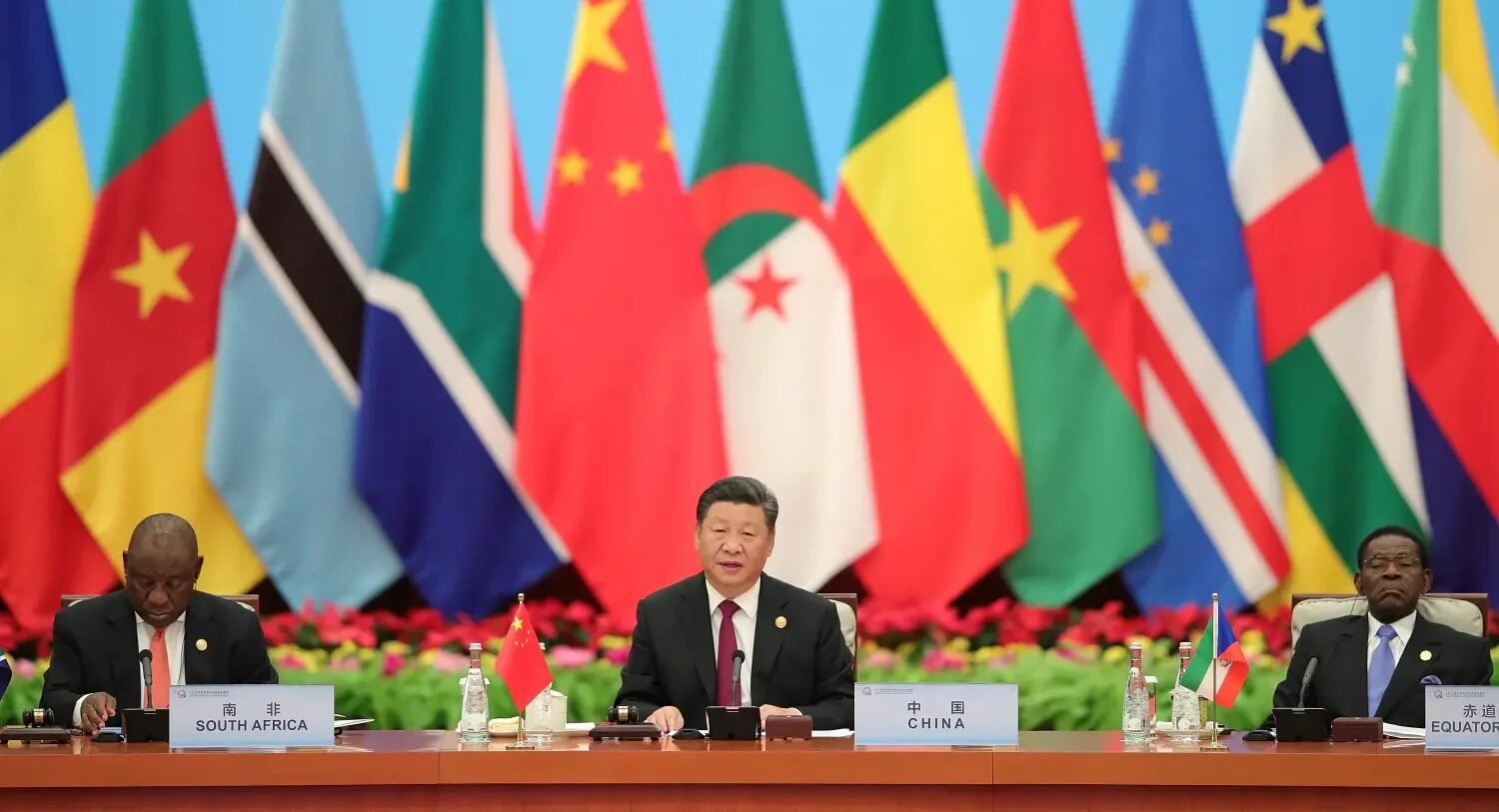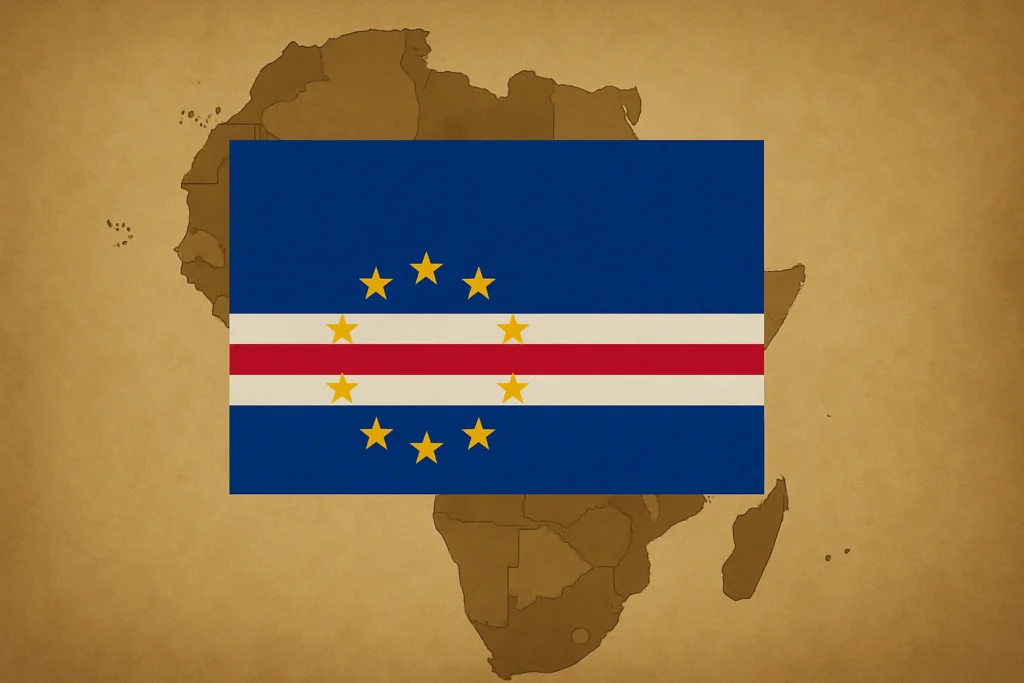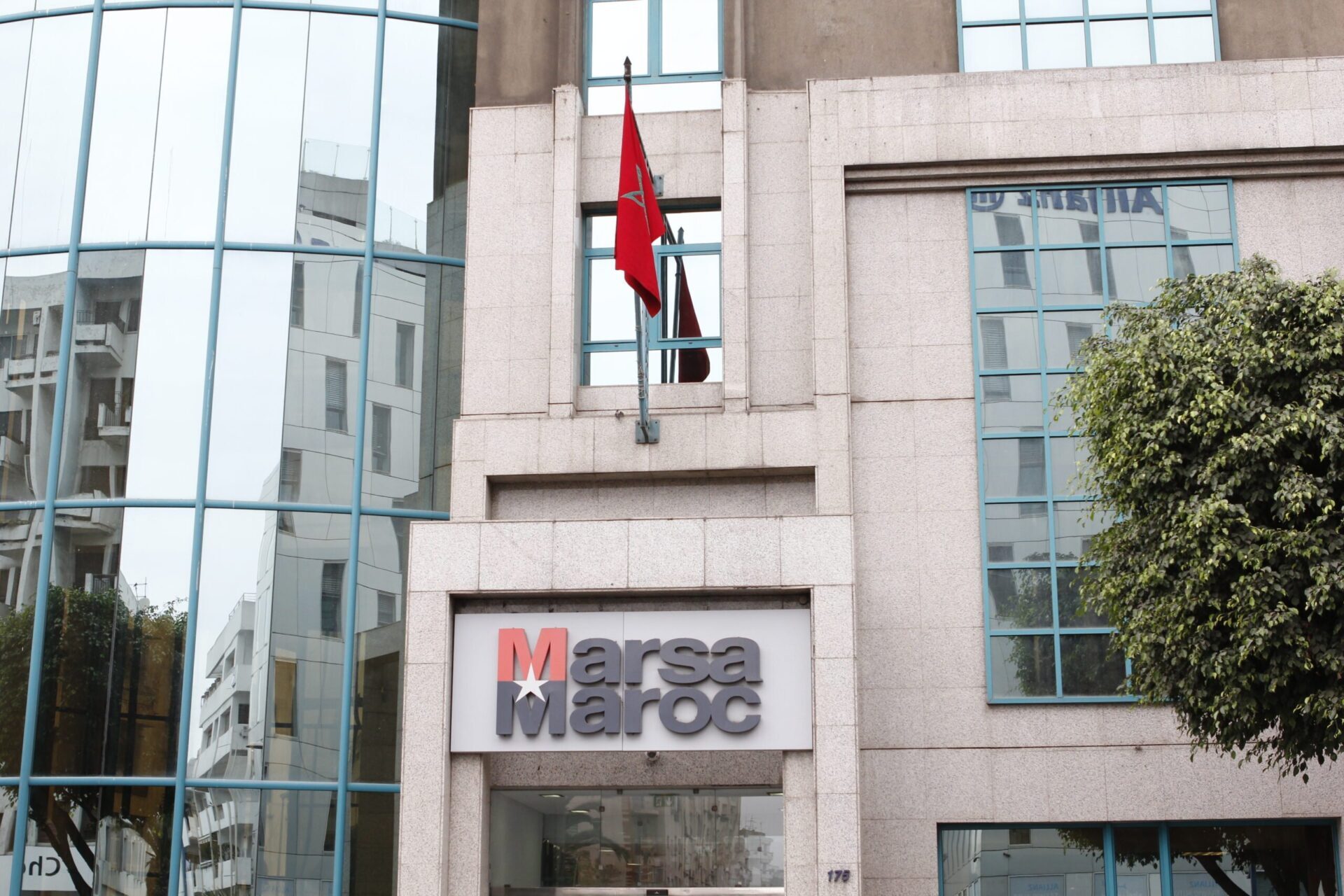
Monday 24th November 2025

by inAfrika Newsroom
Cape Verde has launched Cape Verde Marketplace Go, a new digital platform designed to help local entrepreneurs sell goods and services online at home and abroad. The government says the marketplace will offer secure payments, logistics support and promotional tools as part of efforts to expand the country’s digital economy.
Deputy Prime Minister and Minister of Digital Economy Olavo Correia attended the launch, framing Cape Verde Marketplace Go as a bridge between small businesses and global buyers. The platform builds on earlier initiatives led by Cabo Verde Digital and development partners, which tested barriers to e-commerce ranging from payments and delivery to digital skills.
Officials say Cape Verde Marketplace Go will prioritise micro and small enterprises in tourism, crafts, agrifood and creative industries. They aim to reduce reliance on physical storefronts and seasonal tourism, especially after COVID-19 exposed vulnerabilities in the island nation’s economy. Training programmes and incubator support will help sellers onboard and manage their digital shops.
The government plans to integrate Cape Verde Marketplace Go with broader digital-identity, logistics and trade-facilitation reforms. It also wants to improve broadband coverage and lower data costs, so that entrepreneurs on outer islands can benefit.
Development partners view Cape Verde as a test case for small-island digital strategies in Africa. They say lessons on regulation, payments and customer trust could apply to other Lusophone and francophone markets.
Why it matters for Africa
The Cape Verde Marketplace Go launch matters for Africa because it shows how even small economies can use digital tools to overcome geography. A well-run marketplace can open export channels for small firms that cannot attend trade fairs or secure foreign distributors. It can also encourage better logistics, payments and customer service standards that ripple across local ecosystems. If Cape Verde cracks the code on trust, delivery and cross-border rules, it can share a blueprint with other African states that want inclusive e-commerce, not just big platforms. That would support micro-entrepreneurs, young founders and women-led firms often left out of traditional trade models.


